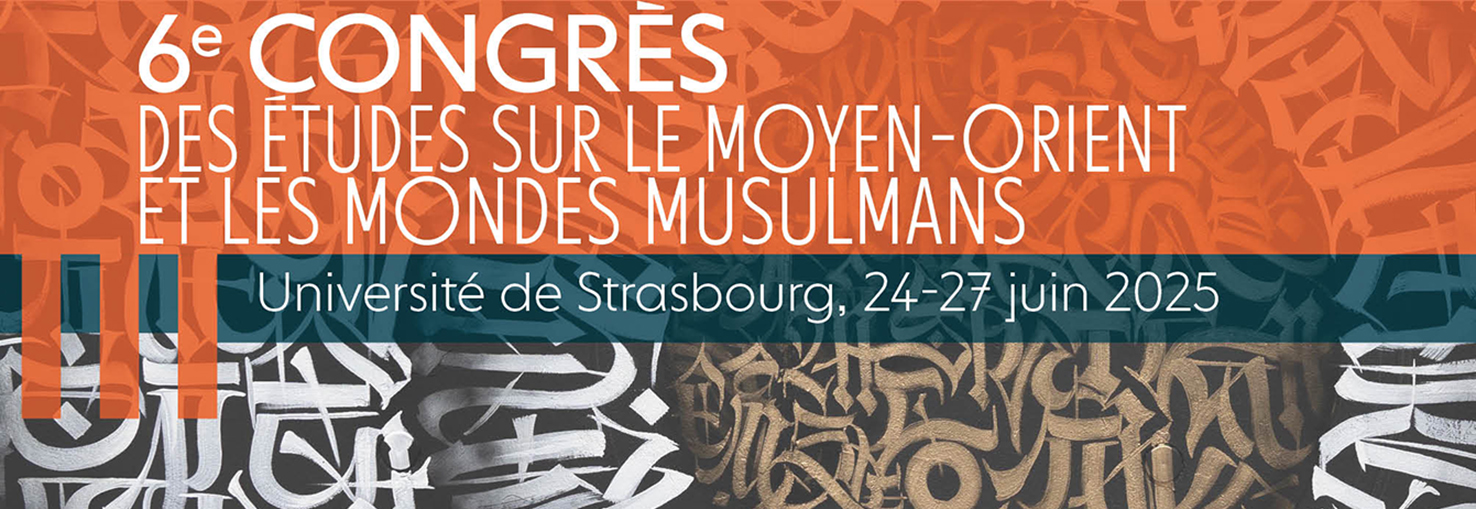Mercredi 25 juin 2025, 14h-16h, Salle 3220 > Changement de salle : 4103
RESPONSABLES :
Vincent Benedetto (Université de Rouen, GRHIS)
Gözde Donat (Inalco, Cermom)
INTERVENANTS :
Oscar Osorio (Inalco, Cermom) : Les années ottomanes d'Abraham Benaroya, figure du socialisme internationaliste (1908-1912)
The Ottoman years of Abraham Benaroya, a figure of internationalist socialism (1908– 1912)
Andrea Gritti (EHESS, CETOBaC) : Du village à l'usine : Les travailleurs migrants ottomans et leur politisation, entre sources et historiographie
From village to factory: Ottoman migrant workers and their politicisation between sources and historiography
Gözde Donat (Inalco, Cermom) : Le socialisme dans l'Empire ottoman : Entre dynamique nationaliste et réseaux transnationaux (1876-1923)
Socialism in the Ottoman Empire: Between nationalist dynamics and transnational networks (1876–1923)
Vincent Benedetto (Université de Rouen, GRHIS) : Le Bosphore rouge. Le socialisme ottoman lors de l'occupation européenne d'Istanbul (1918-1923)
The Red Bosphorus: Ottoman socialism during the European occupation of Istanbul (1918–1923)
DISCUTANT :
Alexandre Toumarkine (Inalco, Cermom)
- Poster




